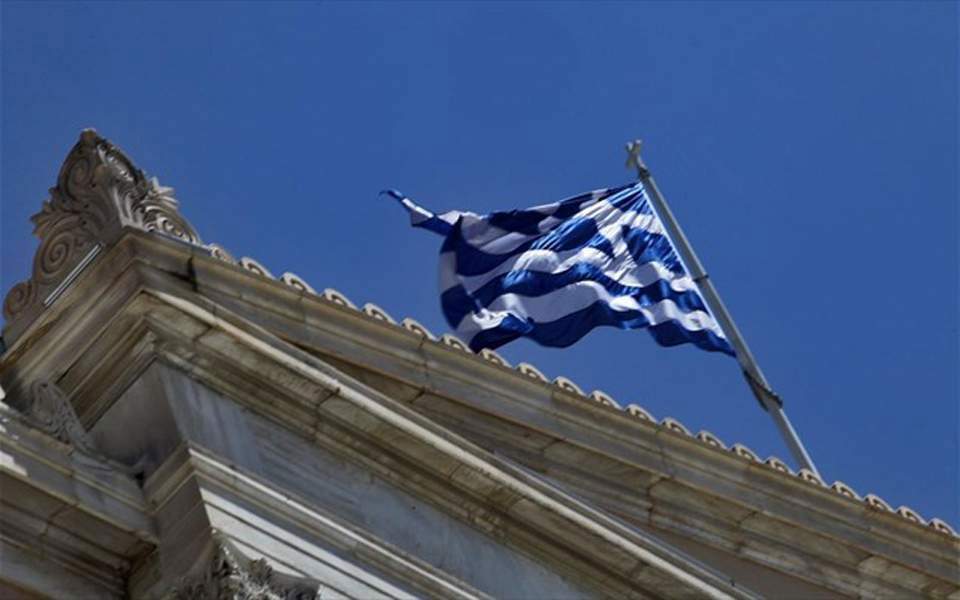Getting others to understand us

We Greeks tend to believe that just because we know we’re right about something, everyone else should as well. But it is a big world we’re living in, with dozens of disputes and problems. What happens in the Aegean and Eastern Mediterranean is important to us, but not necessarily to anyone else beyond a group of politicians, diplomats and experts. And even for them, it is a complex, if not complicated issue.
I remember being with a Greek diplomat and trying to explain the name dispute with Skopje to a foreign official. We entered the discussion believing that he was fully cognizant of the issue and its sensitive diplomatic aspect. He turned around at one point and said: “Sorry, I don’t understand what you’re saying. Can you explain the issue from the beginning?” “From which beginning?” we asked. “Maybe from Alexander the Great,” he responded.
No matter how rich our history or geopolitically valuable our area may be, our problems are a tiny dot on a big map as far as outsiders are concerned.
Another bad habit we have is getting bent out of shape when someone from the outside doesn’t understand our point or disagrees with it. Such vehement reactions are everywhere on social media right now, even though it’s a futile response. Pseudo-patriotic bombast for the sake of a vote or a click obviously sells well at home. But what is the strategic advantage of such an attitude? How does it benefit Greece? How does insulting people and nations earn Greece any friends?
What we need, therefore, is “extroverted patriotism” and, why not, a massive national marketing campaign aimed at the players that count the most. Here at Kathimerini, we felt a duty to contribute to such an effort and went ahead with two publications, in English so far and later perhaps in other languages. The first was Greece Is Kastellorizo, dedicated to the history, culture and people of this small, far-flung island. The second is a “mini-encyclopedia” on Greek-Turkish relations and includes maps, analyses of Greece’s positions and legal arguments backing them, by Professor Angelos Syrigos and National Security Adviser Thanos Dokos.
The aim of the publications is to inform a foreign audience – be it decision makers or people who take an interest in the issue – of what is at stake, what is really going on and what international legislation has to say about it – because the point is to get people to understand us, not to make ourselves feel better.



